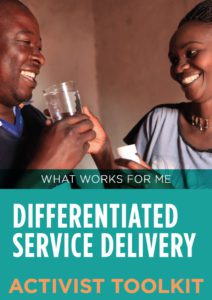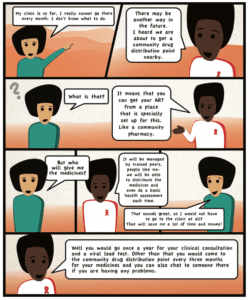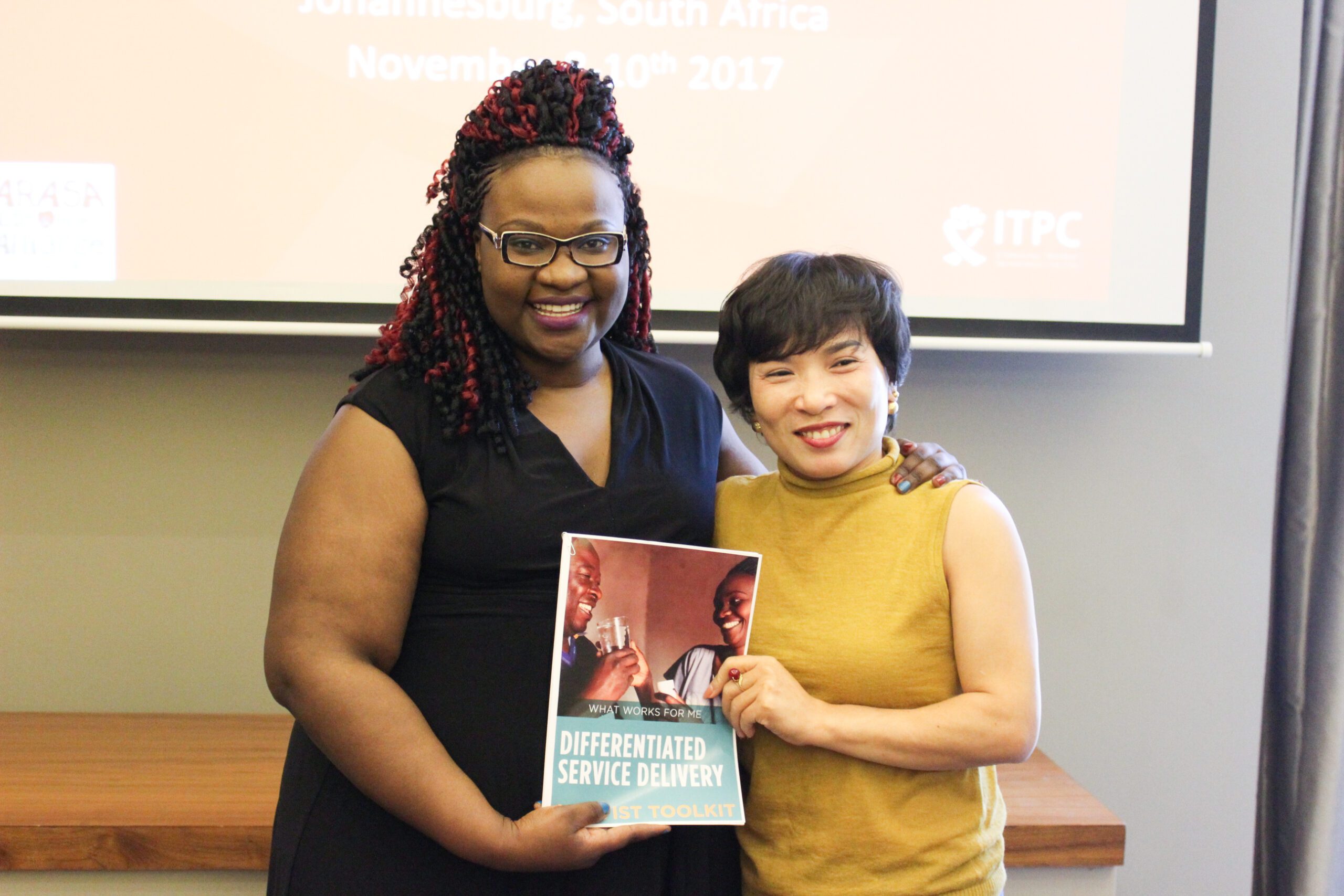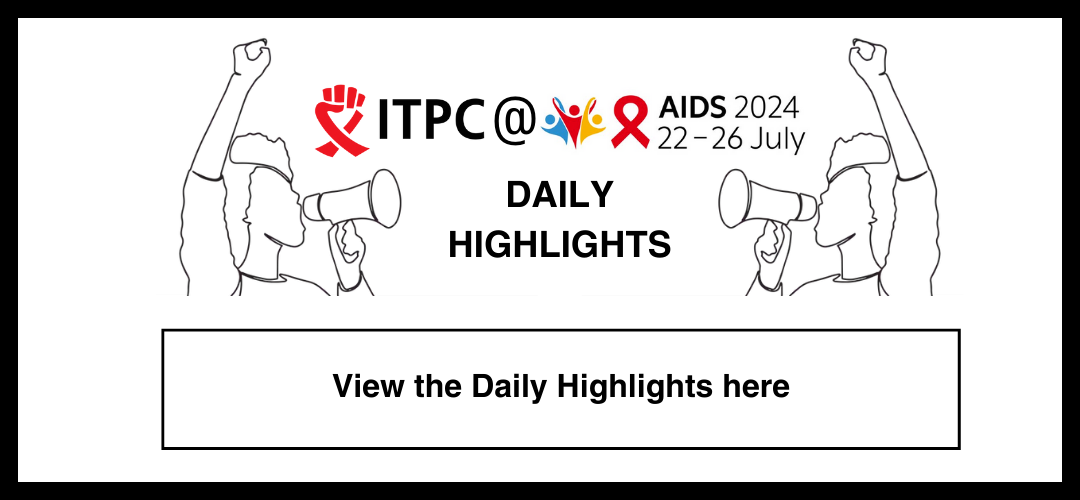Toolkit on Differentiated Service Delivery Launched at Regional Activist Workshop in South Africa.
The What Works for Me: Activist Toolkit of Differentiated Service Delivery was soft launched this week, at a workshop taking place in Johannesburg, South Africa for activists from Asia and southern and east Africa. Developed by the AIDS and Rights Alliance of Southern Africa (ARASA) and the International Treatment Preparedness Coalition (ITPC), with the support of the International AIDS Society (IAS), the Toolkit supports communities to engage in and demand recipient-centered models of care, most specifically differentiated antiretroviral therapy (ART) delivery.
 Topics covered in the Toolkit include: understanding the HIV treatment continuum and links to differentiated service delivery; understanding differentiated service delivery and models of differentiated ART delivery; and how to advocate for differentiated service delivery.
Topics covered in the Toolkit include: understanding the HIV treatment continuum and links to differentiated service delivery; understanding differentiated service delivery and models of differentiated ART delivery; and how to advocate for differentiated service delivery.
Differentiated care is a recipient of care-centered approach that simplifies and adapts HIV services across the continuum to reflect the preferences and expectations of various groups of PLHIV, while reducing unnecessary burdens on the health system. For example, under this approach, “people who are clinically stable on treatment would have a reduced frequency of clinical visits and medication prescribing allowing health service resources to focus on care for people who are ill and require intensive clinical follow-up”
 The Toolkit – which will be publically launched at the 2017 International Conference on AIDS and STIs in Africa (ICASA) in December – builds upon research conducted last year on the perspectives of PLHIV and health care works in 7 African countries, and a 5-day community workshop held earlier this year.
The Toolkit – which will be publically launched at the 2017 International Conference on AIDS and STIs in Africa (ICASA) in December – builds upon research conducted last year on the perspectives of PLHIV and health care works in 7 African countries, and a 5-day community workshop held earlier this year.
The toolkit builds on similar demand creation and treatment education efforts, including the original Advocacy for Community Treatment (ACT) Toolkit also developed by the two partners.
“Over the last year, we’ve heard repeatedly that communities want and need more effective ways of access the treatment they need,” says Wame Mosime, ITPC Director of Global Programs and Advocacy. “This new toolkit not only educates people about their own treatment needs, but empowers them to demand better access – whether that’s through more integrated services, task shifting, or new adherence support initiatives.”

“HIV has become a manageable chronic illness, with people living with HIV understanding how their treatment works and the importance of adherence. This toolkit was developed with the aim of strengthening community engagement and demand for recipient–centred models of care, for delivery of antiretroviral therapy. Services should be provided in a way that suits the daily lives of people living with HIV. This makes adhering to treatment easier and respects a rights-based approach to service delivery,” says Michaela Clayton, Director of ARASA.

